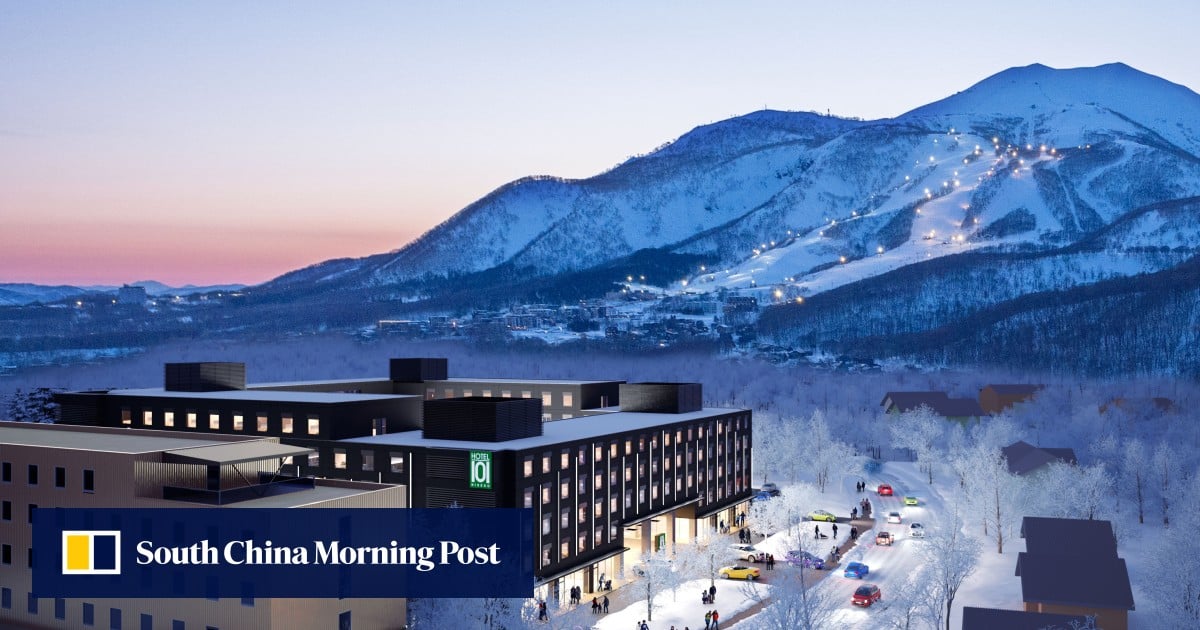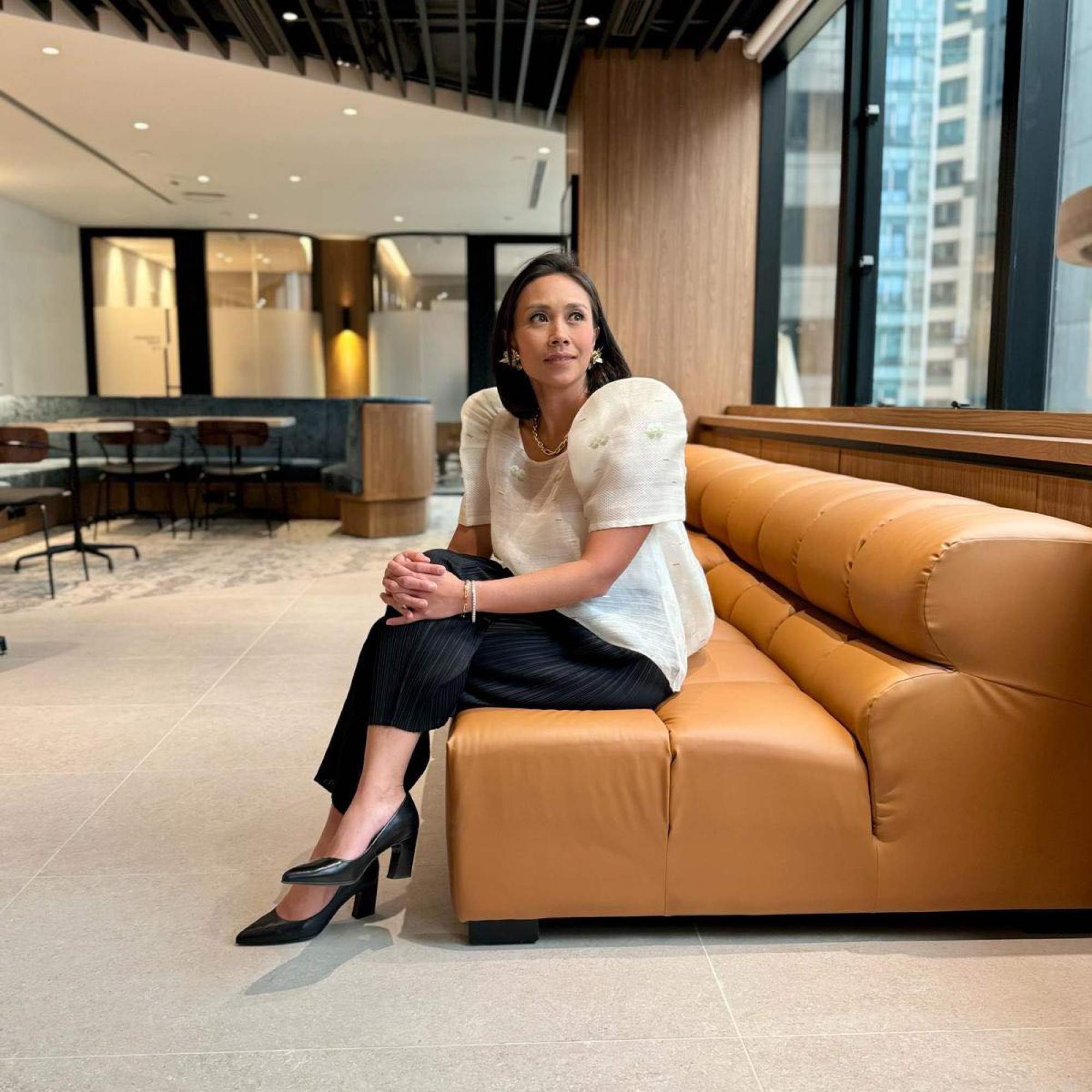
14 Apr Philippines’ Hotel101, founded by Jollibee owner, eyes million-room, 100-country milestones while standardising rooms with dynamic pricing
“The listing in Nasdaq will elevate the brand in a totally different way, globally,” said Yulo-Luccini. “And as we build more hotels, the more recognised the brand will be, the bigger the ecosystem and more beneficial to all the stakeholders.”

In the near term, Hotel101 is seeking to expand in 25 countries including popular tourist destinations such as France, Italy, Switzerland, Thailand, Malaysia, Vietnam and the United Arab Emirates by 2026
Hotel101 has also broken ground for a 680-room hotel in Madrid, Spain, while Hotel101 Niseko in Japan is currently under construction. A plot of land has been secured in Los Angeles, the location for the first Hotel101 in the US.
The group is pursuing three business growth models, franchising – where the group licenses the brand and business operations in exchange for a fee, condotels – which offers hotel rooms to individual investors – and traditional hotel operations.
In the Philippines, about two-thirds of Jollibee’s 1,239 stores are franchised, according to the company’s latest annual report. Overseas, 102 of its outlets are franchised, while 319 are company-owned and located in the US, Canada, Italy, UK, Hong Kong, Singapore, Spain, Vietnam, and Brunei, among others.
“Franchising would just be a faster way of elevating the brand and will be beneficial for the entire ecosystem,” Yulo-Luccini said. “But all the different avenues from direct development to joint venture to franchising have equally important merits in our expansion plan.”
Jollibee drinks up Taiwan bubble tea chain to expand global reach
Jollibee drinks up Taiwan bubble tea chain to expand global reach
The company is also offering hotel rooms to individual investors, where Hotel101 will realise an outright gain as in a developer selling a flat or a residential unit to a homebuyer. In turn, the investor will share the company’s revenue once the hotel becomes operational.
Management will remain with Hotel101 as it seeks to standardise the look, operation and services of its properties, she added.
For example, all the group’s hotels will have 21 square feet of space, with a queen-sized and a single bed to accommodate three guests and an array of amenities and appliances available in the room such as a kitchenette, microwave, refrigerator, TV, desk and a luggage rack, among others. Even the pillows, blankets and bulbs will have the same look.
The group is also pursuing a seamless check-in for all its guests where they only need Hotel101’s app to get them into their rooms. The ultimate aim, said Yulo-Luccini, is to have the similar rooms in all their hotels, whether they are located in Spain, Japan, the US or elsewhere.
“What we see in the hospitality space today, the opportunity, the gap, is really standardisation,” she said. “We believe in the value segment that standardisation works really well across many, many segments.”
“The entire budget airline industry, for example, sells only one product, the economy seat, they changed the cover, but never the seat,” Yulo-Luccini said. “So they’re essentially selling one product. But the hospitality space, especially the value segment, which pretty much is similar to the budget airline segments should operate in the same way, because standardisation brings what we believe to be unbeatable efficiency.”
Hotel rates, however, will not be standardised and will reflect a dynamic pricing depending on the seasonality and availability of rooms, she said.
